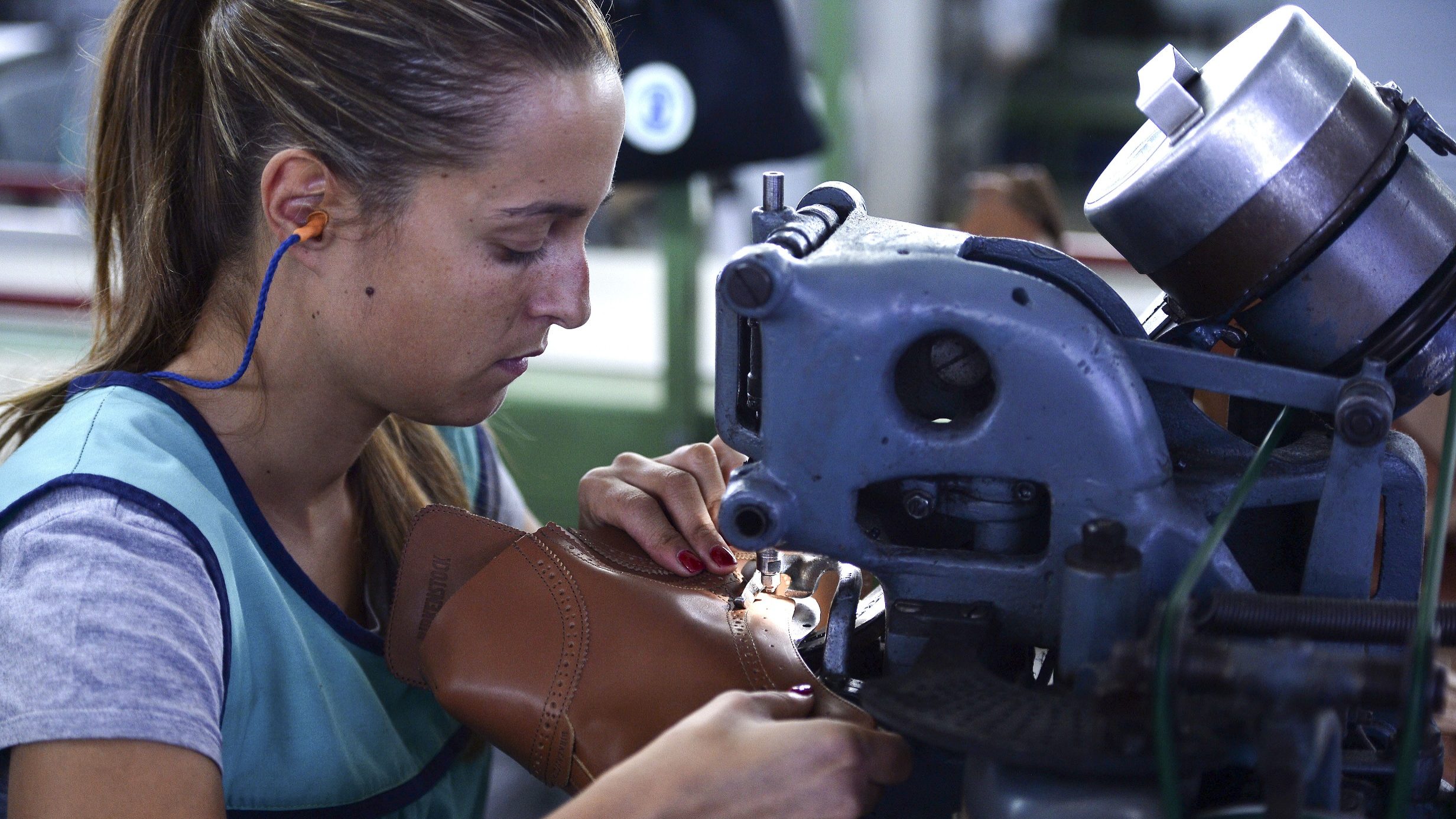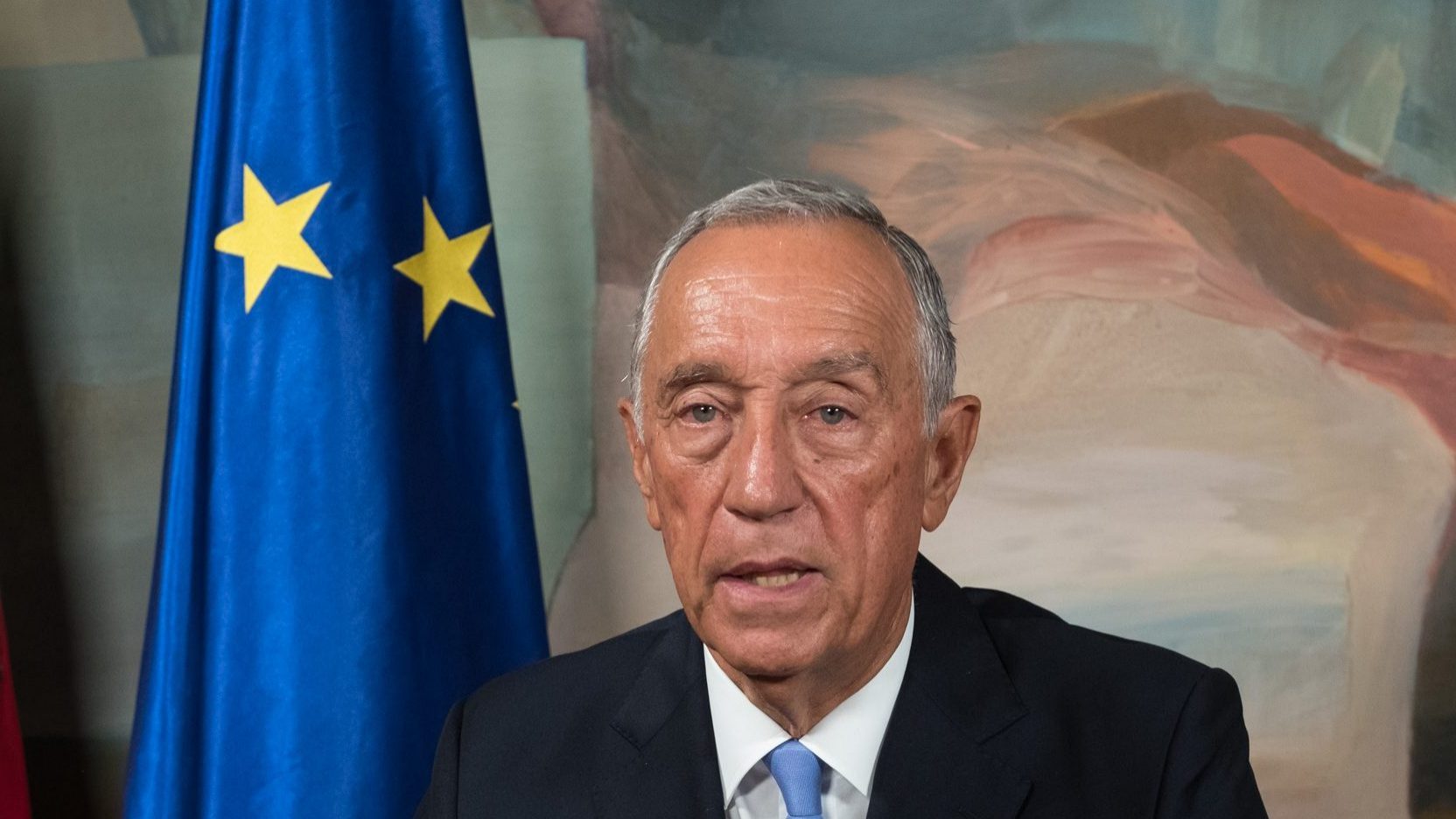Progress being made in implementing recovery, resilience plan projects, says PM
In his speech, António Costa refused the idea that there are delays or constraints in relation to the implementation of the RRP.
Portugal’s prime minister said on Tuesday that the country is making progress in the implementation of the most complex programmes under the Recovery and Resilience Plan (RRP) and referred to the “defeat” of the sceptics on the future of the Parque das Nações after Expo98.
This position was conveyed by António Costa in the final part of a long speech he gave at the presentation session of the second phase of the competition for the Mobilising Agendas programme under the Recovery and Resilience Plan, which took place at the Pavilion of Knowledge in Parque das Nações.
In the most political part of his speech, the prime minister defended the thesis that “optimism is not a matter of faith”, countering that “optimism is based on the knowledge of the enormous potential that the entrepreneurial and scientific systems effectively present” in Portugal.
“It is necessary to overcome scepticism and materialise the positive motivation that it is in fact possible to do and we will be able to do it,” he said, in a logic of a speech that had also been followed before by the economy minister António Costa Silva on the future of the Portuguese economy.
In his speech, António Costa refused the idea that there are delays or constraints in relation to the implementation of the RRP, recalling that last year, there, in the Pavilion of Knowledge, in Parque das Nações, he was closing the agreement of the Portuguese RRP with the European Commission.
“On the Mobilising Agendas, the most complex, difficult and most demanding programme of the entire RRP, we are in a position to start negotiating and – I hope – already sign next month the financing contracts of the 51 approved consortia,” the prime minister pointed out.
António Costa then criticised the sceptical opinions that exist in Portugal whenever the country has projects and challenges, referring to his own political experience during the first government of António Guterres, when, as minister of parliamentary affairs, he was responsible for Expo-98.
“They said that Expo-98 wouldn’t be ready on time, but it was ready on time; they said that people wouldn’t come to Expo, but people did; and they wondered whether, after Expo, everything would be abandoned, all empty and nothing would happen. But the truth is that Expo-98 ended in September 1998 and on the 5th of October of that year Parque das Nações reopened”, he pointed out.
Today, according to António Costa, Parque das Nações has around 30 thousand inhabitants, “thousands of companies based there and it retains some of the most important facilities in Lisbon, such as the Camões Theatre, the Pavilion of Knowledge and the Atlantic Pavilion”.
“It is one of the most successful cases of urban regeneration, after having been an old industrial area, with an oil refinery, a deposit of scrap iron and military equipment unused after the end of the colonial wars. It was a huge open-air dump and today we have here one of the most beautiful city spaces in the country, in Europe and in the world”, he sustained.
In conclusion, António Costa left a political message for those who currently divide the PRR: “Those who 25 years ago had doubts that the Expo would be open on time, don’t waste time having doubts that these projects and products will be ready to go to market on time”.


